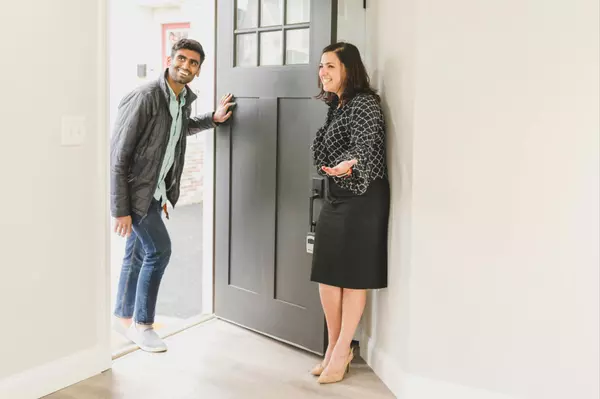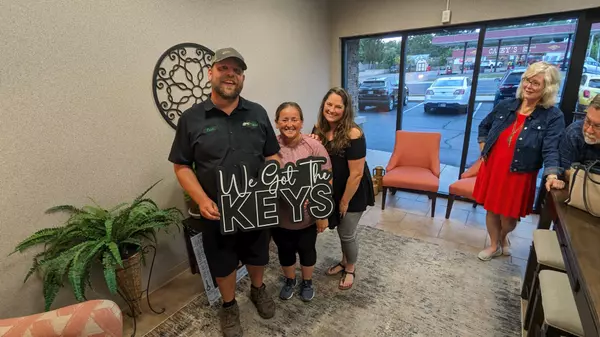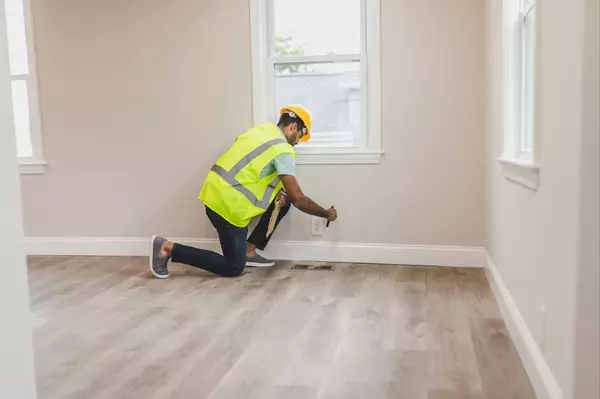What Are Closing Costs?

Closing day marks the culmination of your home-buying journey. However, it comes with a set of fees known as closing costs. Understanding these costs is crucial for financial preparation and ensuring a smooth transaction. Let’s break down what to expect, who pays what, and how to budget effectively.
Overview of Closing Costs
Closing costs are the expenses incurred during the final stage of a real estate transaction. These fees cover services rendered by various professionals and organizations that facilitate the sale. Here’s a breakdown of the typical components:
- Lender Fees: These include loan origination fees, application fees, and credit report fees.
- Title Fees: Charges for title search, title insurance, and document preparation.
- Prepaid Expenses: Escrow deposits for property taxes, homeowners insurance, and interest.
- Appraisal and Inspection Fees: Costs for home appraisal and inspections conducted during the buying process.
- Government Fees: Recording fees and transfer taxes required by local municipalities.
On average, closing costs range from 2% to 5% of the home’s purchase price, depending on location and loan terms. For example, on a $300,000 home, expect to pay $6,000 to $15,000 in closing costs.
Who Pays What?
Closing costs are typically divided between the buyer and seller, though exact allocations vary by agreement and local customs. Here’s a general guide:
Buyer Responsibilities
- Lender fees (e.g., loan origination and application fees).
- Title insurance for the lender.
- Prepaid expenses (e.g., property taxes, homeowners insurance).
- Home appraisal and inspection fees.
Seller Responsibilities
- Real estate agent commissions.
- Owner’s title insurance.
- Transfer taxes and recording fees.
Some costs, such as escrow fees, may be split between the buyer and seller.
Budgeting for Closing Costs
Being financially prepared for closing costs can reduce stress and help you avoid last-minute surprises. Follow these tips to budget effectively:
- Research Average Costs: Speak with your agent or lender to understand typical closing costs in your area.
- Request a Loan Estimate: Within three days of applying for a mortgage, your lender will provide a Loan Estimate detailing expected closing costs.
- Save Extra Funds: Plan for higher-than-expected costs by saving slightly more than the estimated amount.
Remember, some costs are negotiable. Working with an experienced real estate professional can help identify opportunities to save.
How You Help with Closing Cost Negotiations
As your real estate agent, I play a key role in advocating for you during the closing process. Here’s how I help:
- Reviewing the Closing Disclosure: I’ll carefully examine the final statement to ensure all charges are accurate and fair.
- Negotiating Seller Contributions: In some cases, I may negotiate with the seller to cover a portion of your closing costs as part of the deal.
- Identifying Potential Savings: I’ll work with your lender and title company to explore opportunities for reducing fees.
With the right preparation and guidance, you can navigate closing costs confidently and secure your dream home without unexpected financial strain.
Categories
Recent Posts










